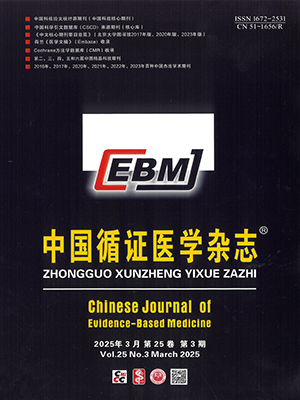To show that a new drug is better than, as good as, or no worse than that of a known effective drug. Theoretically, it is necessary to confirm the efficacy of a treatment, but the current practice of clinical trial suggests that there exists many problems in its confirmation including the objectives of clinical investigation vary based on the fact that more and more clinical trials use active controls. Applied statistical methods have to adapt to these changes. In this paper, we illustrated some statistical issues of confirming efficacy in clinical trials, including its conditions, the determination of clinical margin, the forms of the null and alternative hypothesis and confidence intervals, the choice of endpoints and some miscellaneous considerations. We bly suggests that it is necessary to make biostatisticians and clinical trialists understand the importance of using the right statistical methods when investigating clinical trials. We also think these methods introduced in the paper may provide some help in trial design and evaluation.
Citation: YAO Chen,LIU Yu xiu. Some Statistical Issues of Confirming Efficacy in Clinical Trials. Chinese Journal of Evidence-Based Medicine, 2005, 05(3): 242-245. doi: Copy
Copyright © the editorial department of Chinese Journal of Evidence-Based Medicine of West China Medical Publisher. All rights reserved




